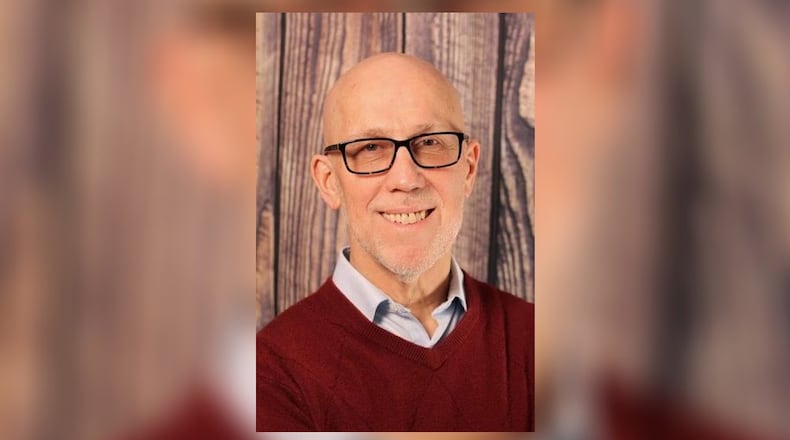For sometime I have wished that there would be a way for the thought leaders of the distinguished military intellectual center so influential in our region and beyond, Wright-Patterson Air Force Base, to engage their big-picture thinking in conversation with theologians. Earlier this month, this paper reported on the introduction of Col. Richards, the new Commander of Wright-Patterson Air Force Base’s 88th Air Base Wing. In this column I am not critiquing Col. Richards, no doubt an exceptional leader to achieve this post, but rather I am engaging briefly with the terms and assumptions I observe in his YouTube introduction of himself.
Twice the concept “great power competition” is used. A theologian would say, “that is an inadequate phrase around which to build massive plans.” Theologians say that the Creator overcame evil, and that in living according to the Creator’s plan, love prevails. Theologians say that we are not alone in the universe, that indeed God is present.
The article says that “since 2018, the Pentagon has focused on the threat posed by ‘great powers,’ identifying China as the nation’s principal adversary.” And the Air Force Secretary has said that “the Air Force must more urgently ‘reoptimize’ for that fight.” A theologian would say that it is deeply misguided to unilaterally name an entire nation a principal adversary without giving consideration as to how to get along with that nation, indeed, how to love and serve and bless that nation. The library from which Christian theologians teach includes the remarkable teaching that we are to love enemies, not “reoptimize for a fight.”
At the least, the philosophical assumption must be challenged that the way to peace is to increasingly arm ourselves, increasingly arm other nations, and threaten and carry out destruction on an ever-greater scale. Christian theologians teach that God entered this world in Jesus, and among other penetrating teachings, taught that those who live by the sword die by the sword. Theologians say we violate that teaching to our peril.
As one who has spent a lifetime teaching families and groups to live responsibly and in love, who has observed the way in which loving neighbors, including international neighbors, stabilizes the world, I encourage our national conversations and assumptions to include theologians who remind us that, absent taking the Creator and his ways into account, our plans will always be too short-sighted, and too inadequate for the world the Creator made, and presently oversees.
Lynn Thrush served two churches as pastor across 38 years: near Gettysburg, PA, and near Los Angeles. He now serves as the Bishop of the Great Lakes Conference of the Brethren in Christ Church and resides in Tipp City, OH.
About the Author

